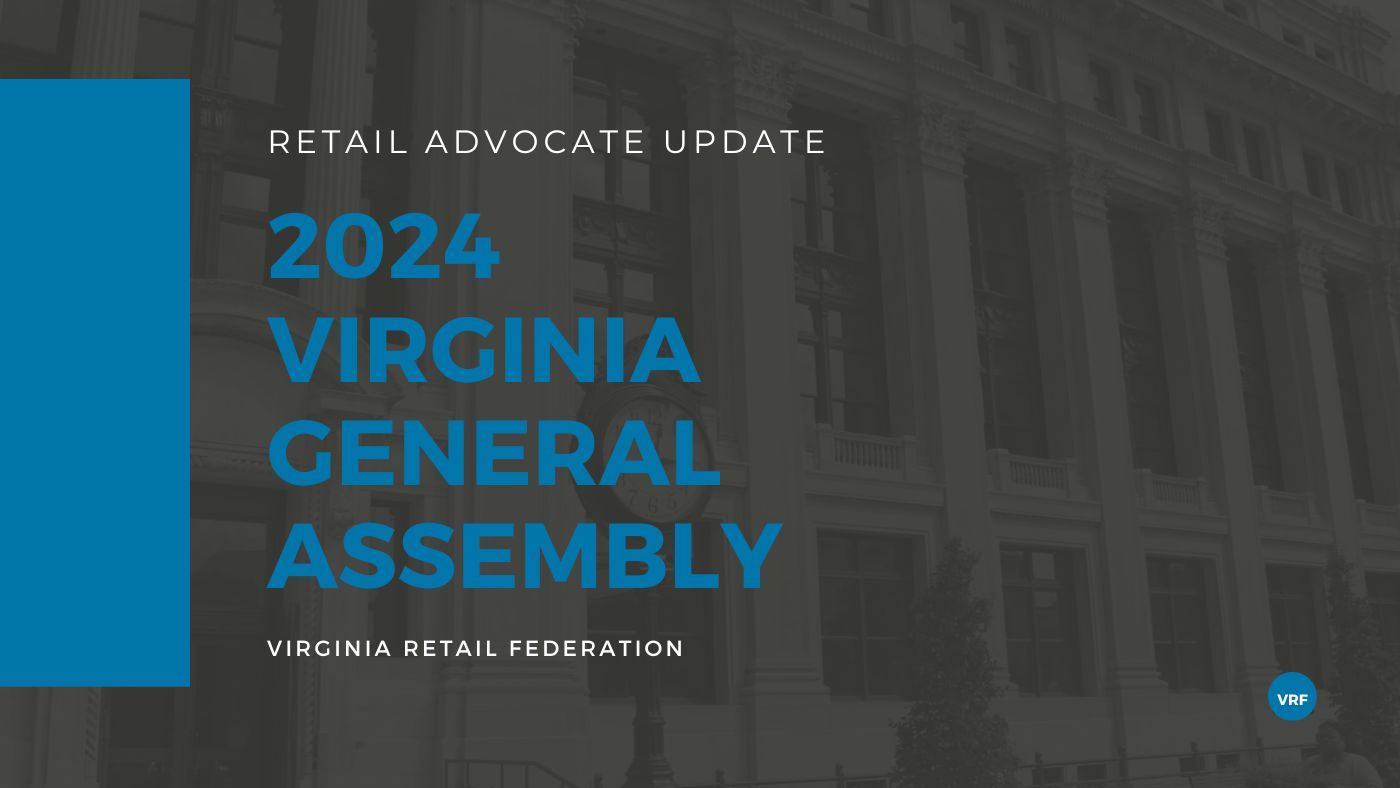The General Assembly returned to Richmond yesterday, May 13th, for a one-day special session to address and vote on the outstanding biennial budget. The budget process was contentious throughout the legislative and reconvened session. Ultimately, Governor Youngkin and budget conferees were able to come to a consensus on a budget deal that is said to […]

